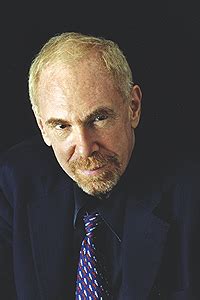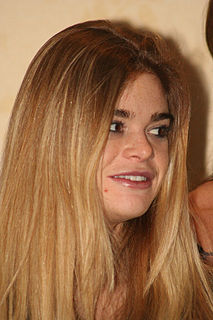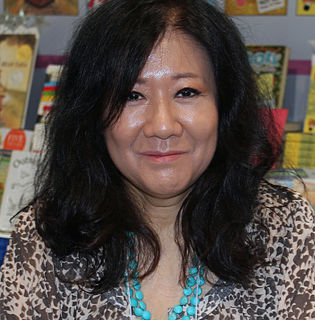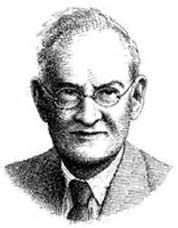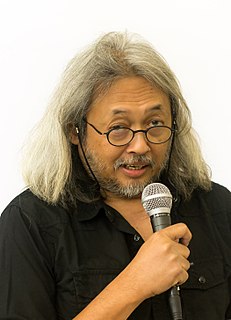A Quote by Ron Rosenbaum
I always thought that I could write a novel. In my case, it was misguided. I do believe that the best nonfiction is not "literary journalism," a misleading term, but rather journalism that asks the questions that serious literature asks. It's storytelling that happens to be true. So I don't think it was a missed opportunity. After awhile you learn what you're really good at. Life is short, so spend time doing that.
Quote Topics
After
Always
Asks
Awhile
Be True
Believe
Best
Case
Could
Doing
Good
Happens
Journalism
Learn
Life
Life Is
Life Is Short
Literary
Literature
Misguided
Misleading
Missed
Missed Opportunity
Nonfiction
Novel
Opportunity
Questions
Rather
Really
Serious
Short
Spend
Spend Time
Storytelling
Term
Think
Thought
Time
True
Write
Related Quotes
I was in the journalism program in college and had some internships in print journalism during the summers. The plan was to go to Columbia University Graduate School of Journalism to learn broadcasting after I graduated. I was enrolled and everything, but ultimately decided that I could never afford to pay back the loan I'd have to take out.
I had the most incredible English and literature teachers in school, and it really influenced my love of storytelling. It's what made me excited to study journalism in college. I love editorials and documentaries. All of that came from being given the opportunity to lose myself in good writing when I was a kid.
From about ninth grade on, I knew I was a writer at heart. I had fantasies of being a great novelist, but I thought that seemed like an iffy way to try to make a living. So I tried journalism while in college, and really liked it. But even in journalism, I've always pursued ways to be somewhat literary, whether writing a column or writing books.
With my eyes closed, I ask if she knows how this will all turn out. "Long-term or short-term?" she asks. Both. "Long-term," she says, "we're all going to die. Then our bodies will rot. No surprise there. Short-term, we're going to live happily ever after." Really? "Really," she says. "So don't sweat it.
Every journalism bromide - speaking truth to power, comforting the afflicted, afflicting the powerful - that otherwise would be hopelessly sappy to a journalist of any experience, has become a Twitter grail. The true business of journalism has become obscured because there is really no longer a journalism business.
